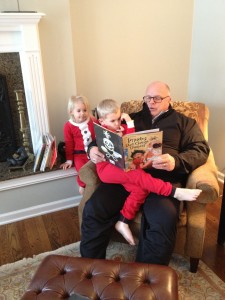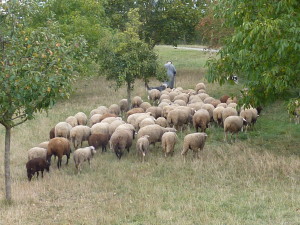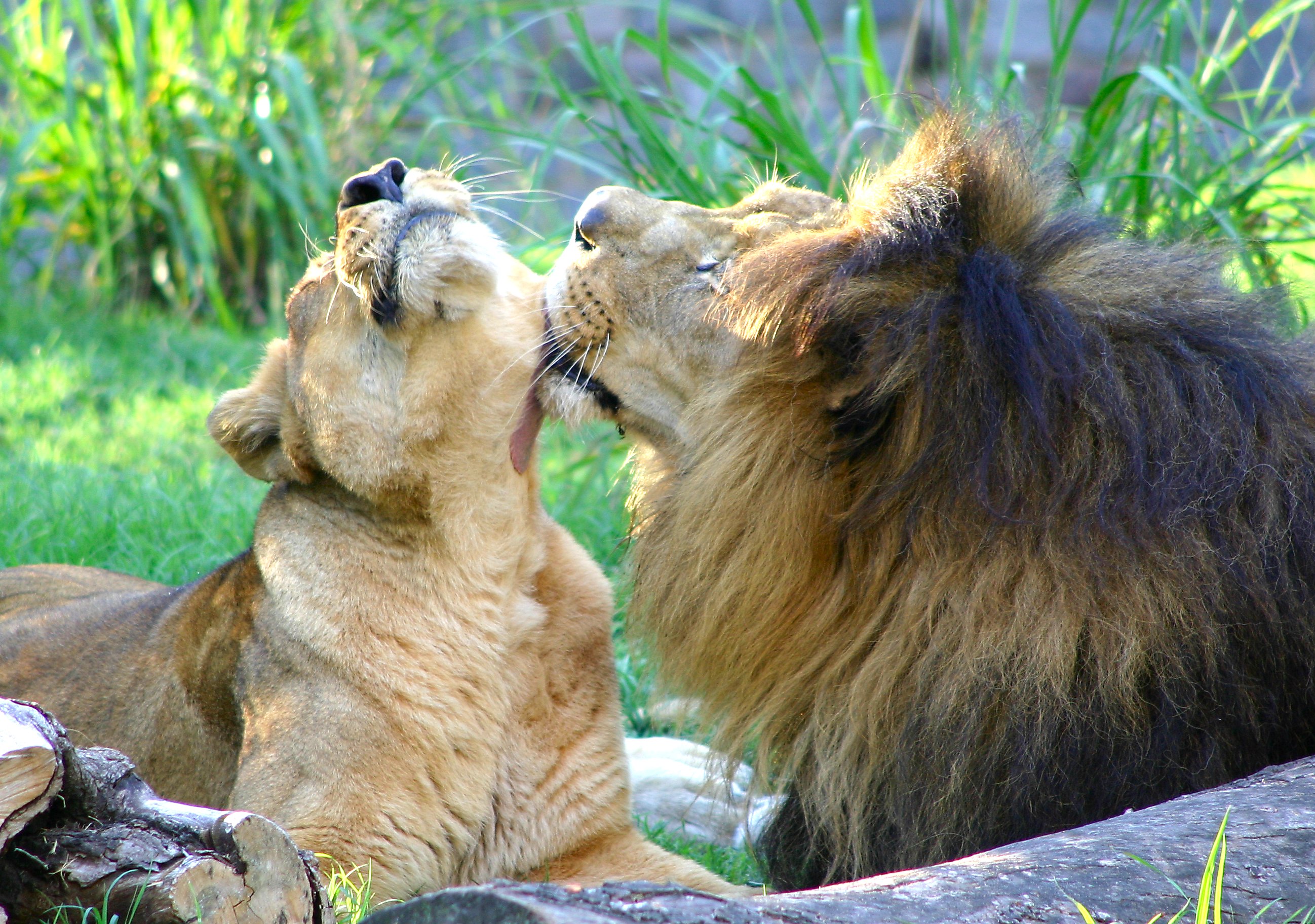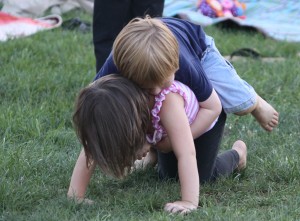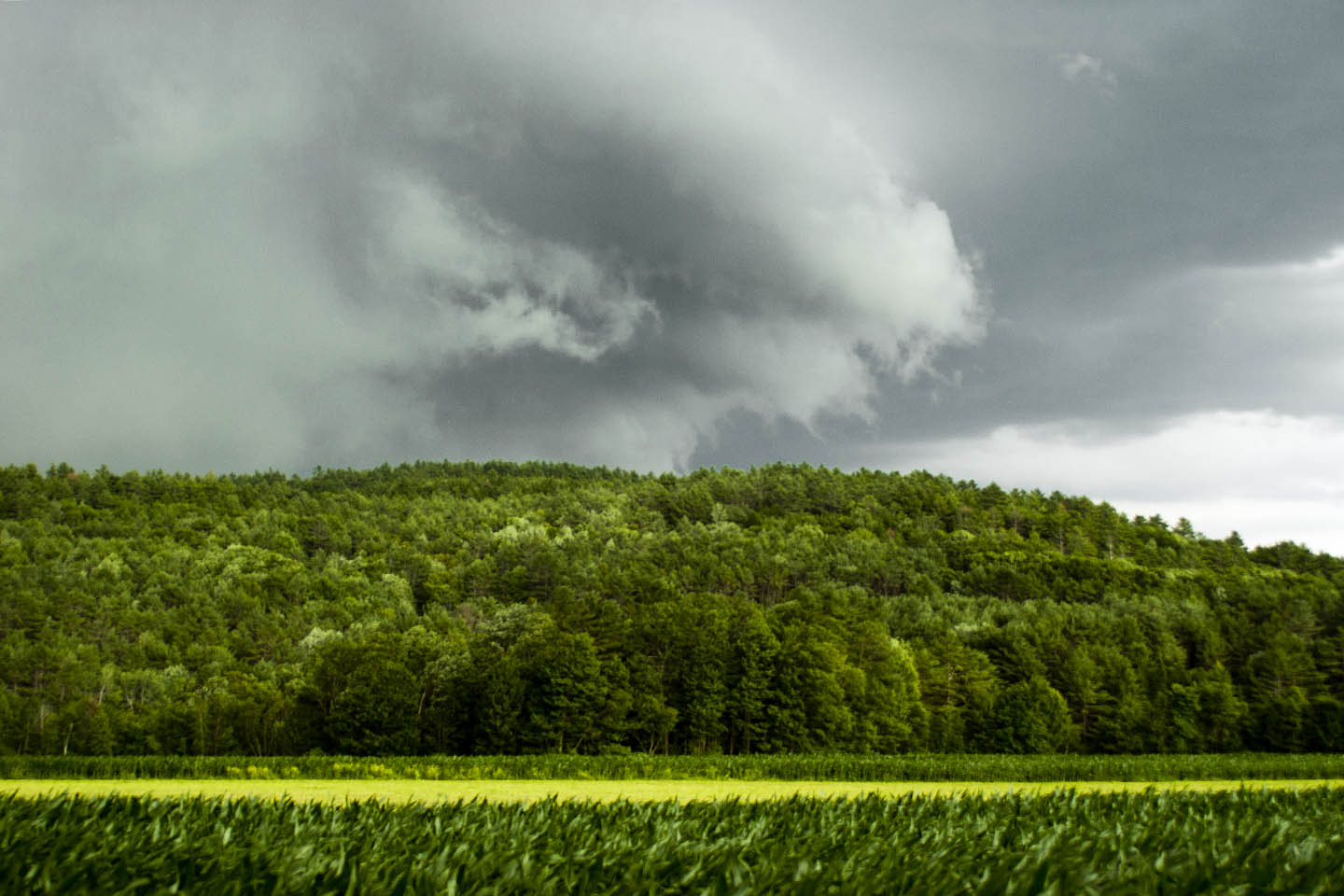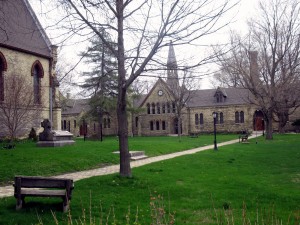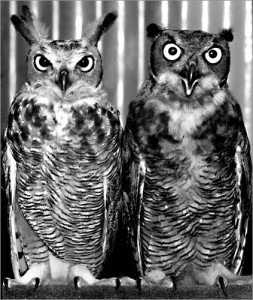Faith & Surrender | A Series by Dr. Rich Blue of the Center for Christian Life Enrichment on Faith and Spirituality
One of the gifts of aging is the wisdom that comes with increasing awareness of life’s challenges and our limitations. When I was younger, if I was worried about any sense of my weakness or failure, then my defense was often to deny the truth. I was determined to do whatever I could to hide my shame from myself as well as others. I dreaded displeasing both Mom and Dad for different reasons. Growing up, I learned that making mistakes, losing and failure was to be avoided at all costs. Looking good and maintaining the approval of others were high values in my family.
Size and weight were also sensitive issues in the Blue household. My dad was a big guy and definitely lost his fight with excessive consumption of food and alcohol. My mom, however, was very conscious of her weight and appearance. Looking good was a top priority for her and she too battled with her own insecurities. It was no accident that I became excessively concerned with the opinion of others along with an unwillingness to love and accept myself. From as early as I can remember, I struggled with a distorted body image. No matter what I weighed or how I looked, I was never able to enjoy and accept myself.
Historically, compulsive overeating was the area in my life where my sense of powerlessness most often threatened to break into consciousness. Although I was very disciplined in many areas of my life, I continued to lose the fight with food. How many more diets would I try? How many more excuses would I make for not losing weight? How many more medical professionals would I enlist to help me eliminate my defects of character?
At the age of 60, I hit bottom. After years of others trying to support me, I finally conceded my powerlessness over food and the unmanageability of my life. I began attending Overeaters Anonymous (OA) and participated in an inpatient program for compulsive overeating. I learned that my problem was not a lack of self-control. I had demonstrated that I could lose weight (having lost 40 pounds at least six times in my life). My powerlessness over food manifested itself less with losing weight and more with my inability to keep the weight off.
When I started working a 12 Step Program, I was quickly confronted with the concept of surrender. I had a strong reaction to the word especially given my programming to never give in or admit defeat. The invitation to surrender to my Higher Power was very threatening. I mistakenly thought I had a head start in the spiritual dimension of the 12 Steps. I learned, however, that I did not believe that God would be sympathetic toward my powerlessness over food. It still sounded to me like a weak excuse. I could see powerlessness over an addiction to heroin or cocaine, but food? The message in my head was, “Suck it up. Quit feeling sorry for yourself!”
I mistakenly believed that my powerlessness with food was simply a character defect rather than an addiction. At some level, I believed that I deserved to be punished. I did not believe that God cared about my overeating and would be willing to help. Weren’t there many more serious problems in the world? I still wanted to believe it was my problem and mine alone to deal with. If that were so, then I wouldn’t have to face my powerlessness. How could I ask for help when it was my responsibility to do something about it?
My progressive failure with compulsive overeating eventually broke me. I finally surrendered by the grace of God. I threw in the towel and raised the white flag. For the first time, I was able to see that a life of faith begins with accepting what is so. I was a compulsive overeater and I was not able to solve this problem on my own. I needed help. This is the power of surrender. It begins with choosing to accept what is true about me and my circumstances. Surrender leads to freedom. For the first time, I was willing, to tell the truth about my inability to control my overeating.
Living by faith, I learned, is empowered when I acknowledge my powerlessness and inability to manage my own life. Freedom comes when I admit I can’t do it and celebrate the truth that God can. The apostle Paul wrote, “I can do all things through Him who strengthens me.”[1] Being a person of faith begins with being yourself. It involves choosing to stop managing and manipulating an image in order to look better than one actually is.
As pilgrims of faith, we embrace our shortcomings, failure, and addictions. We humbly acknowledge that we are insufficient. Our power and effectiveness are the results of exercising our faith in God, who is willing and able to do for us what we are unable to do for ourselves. In the teachings of Alcoholics Anonymous, we are those who seek progress, not perfection. The pursuit of perfection leads to membership in the cult of narcissism. Surrender is the pathway to a relationship of faith and hope in God.
[1]Philippians 4:13



